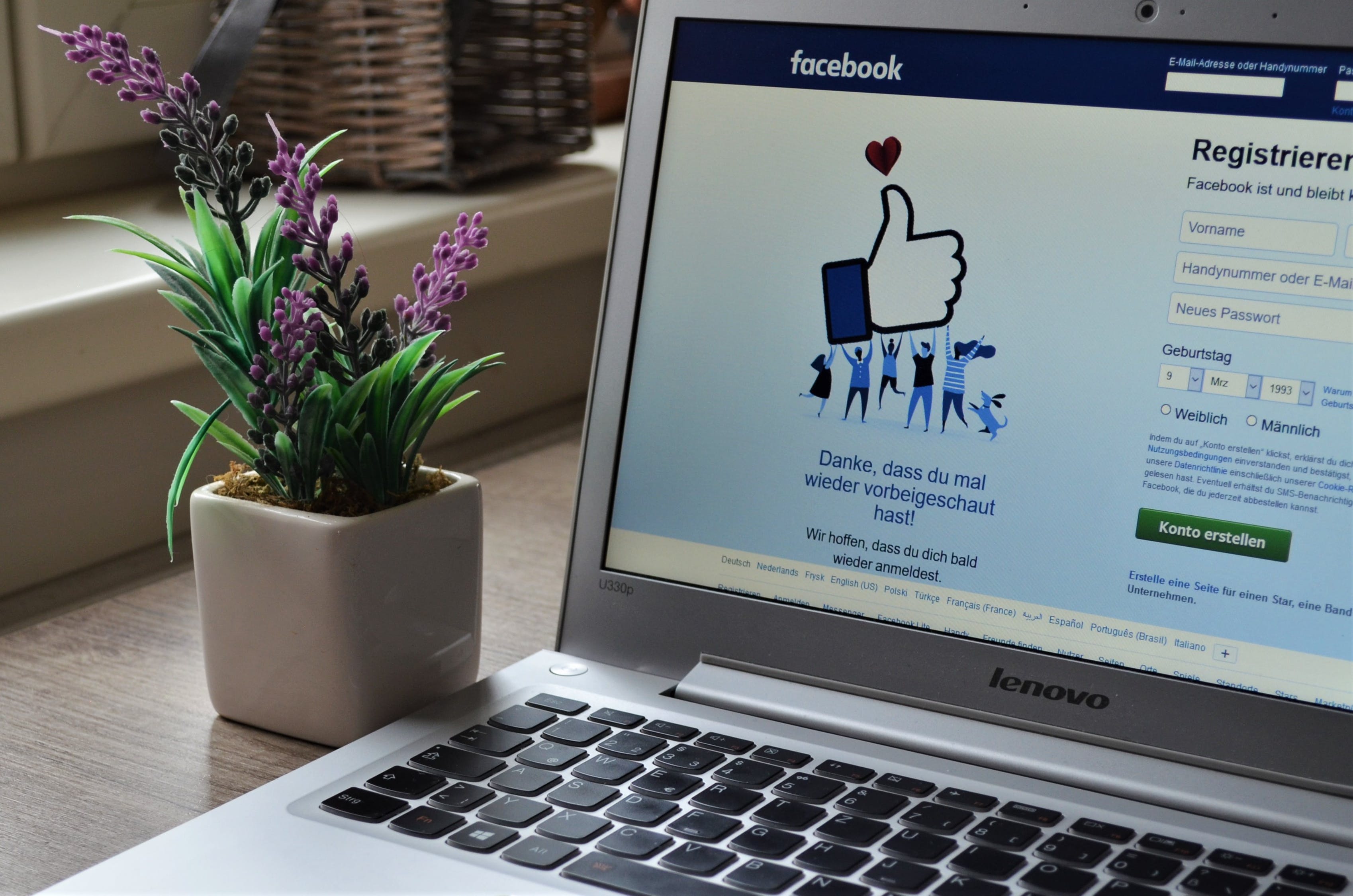Discussion
What surprised me or struck me as interesting was that I never imagined that the use of Wiki or Facebook can be effective as peer feedback tools. It was good that there was a study that was conducted which proved that Wiki and Facebook can help students in giving peer feedbacks because this now creates more possibilities for teachers to become more open to using these tools in the future.

The wider relevance or meaning that I draw from this study is that it will help to make the schools and teachers more receptive of the impact of modern technologies in education. The undeniable reality is that social media channels have become integral parts of the people’s lives. The students also have their own social media accounts nowadays which they use frequently for various reasons. There is no doubt that the students are having fun using their social media accounts because they get many benefits from using these tools such as making new friends, chatting with their friends, and getting updated with the latest developments in their environment. Thus, since these social media channels have become important and valuable among the students, it just makes sense that they are also used for educational purposes. In this case, the study tried to analyze the effectiveness of Wiki and Facebook as peer feedback tools and the result was an overwhelming success. This should serve as an inspiration to the schools and teachers that it is time for them to start embracing modern technologies as part of their teaching process because this is what the students deserve and expect nowadays. Since it is the responsibility of the teachers and the schools to make sure that their students will get the best quality of education possible, they should not hesitate to integrate modern technologies like social media channels as part of their teaching methods so that their students will remain motivated to learn.
There is no doubt that the specific methodology used in the study was sound. The decision of the researcher to use a structured questionnaire and semi-structured interview to collect data about the participants’ opinions regarding their use of Wiki or Facebook to give their feedbacks to the works of their classmates turned out to be the right one (Demirbilek, 2015). The target population of the study was the students who were taking up the Pedagogical Formation Certificate Program in a public university in Turkey.
These students were made to randomly join two groups, where 30 students would use Facebook and another 30 students would use Wiki in giving peer feedbacks. Using random sampling was a correct decision by the researcher because this helped to ensure that the results that will be obtained by the study will be accurate.
The opportunity for future research based on the findings from this study is finding out which other social media channels can be used as effective peer feedback tools aside from Facebook and Wiki. It is undeniable that the huge success of Facebook and Wiki in being used as peer feedback tools triggers the curiosity of finding out if there are other social media channels that are being used today which can also be as effective or perhaps even better than Facebook and Wiki as peer feedback tools. The only way that this question can be addressed is for future studies to be conducted about the effectiveness of other social media channels in being used as peer feedback tools. This is because it is easy to imagine that there could be many other social media channels out there that can be used as peer feedback tools considering that they are also as versatile as Facebook and Wiki. If there will be more social media channels that will be discovered to be effective as peer feedback tools aside from Facebook and Wiki, this can only be good for the teachers and the students who are expected to keep on using these tools for their own good in the long run. This means that there will be more options for the teachers and students to consider as peer feedback tools in the future.
Reference
Demirbilek, M. (2015). Social media and peer feedback: What do students really think about using Wiki and Facebook as platforms for peer feedback? Active Learning in Higher Education, Vol. 16, No. 3, pp. 211–224.







